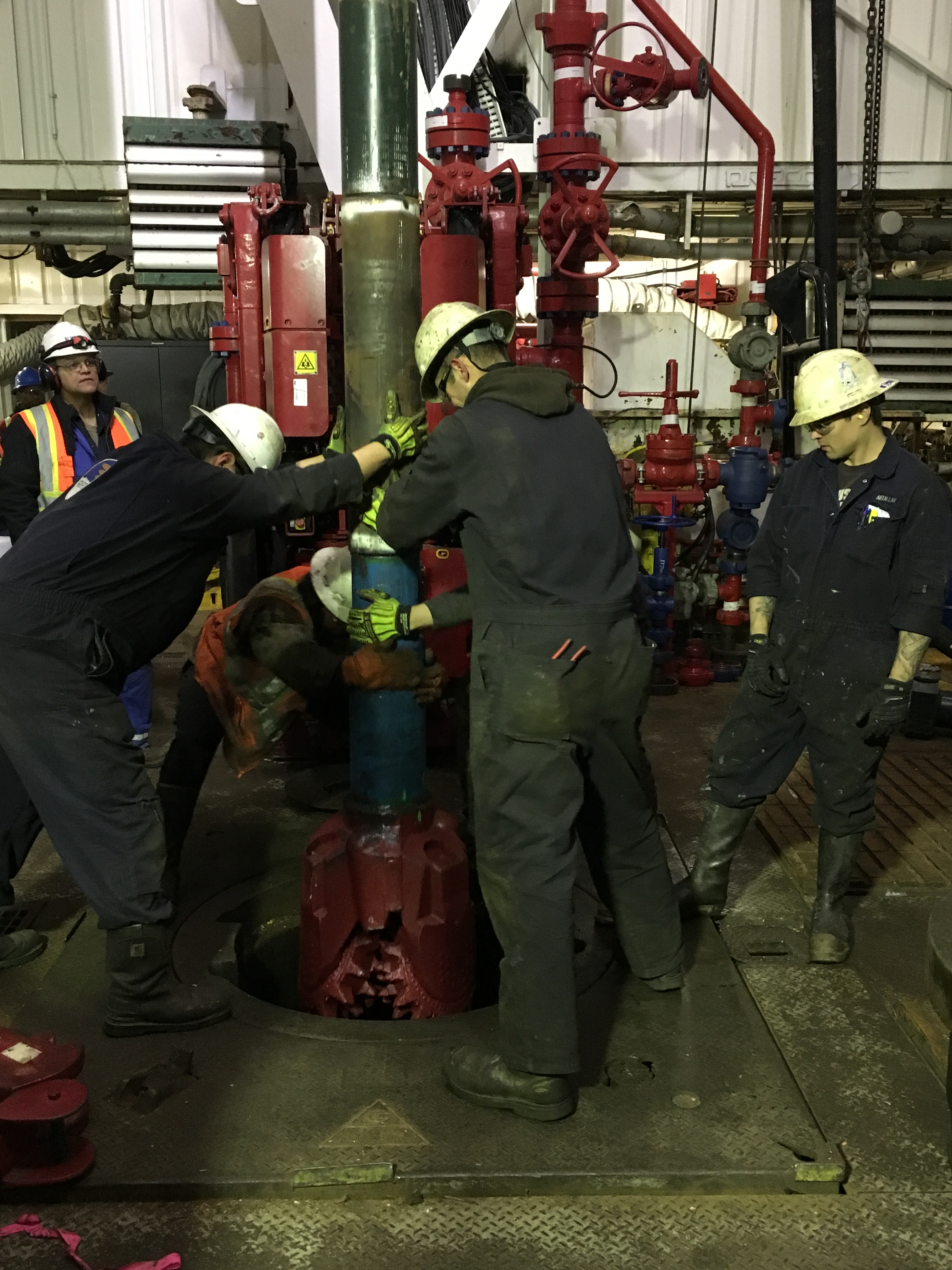Eni spuds first oil exploration well in US federal Arctic waters since 2015
The first well since 2015 targeting federal territory in the Arctic Ocean was spudded on Monday evening, regulators report.
Eni U.S. Operating Co., a unit of Italy’s Eni S.p.A., spudded the first of two exploration wells it plans for leases in the Beaufort Sea, the Bureau of Safety and Environmental Enforcement said in a statement.
BSEE, which on Nov. 28 issued a permit for the well, had two representatives on site to observe operations and monitor safety, officials said.

Interior Department officials welcomed the development, the first offshore exploration drilling conducted in U.S. Arctic waters since Royal Dutch Shell last drilled in its aborted attempt to turn the Chukchi Sea into a new oil-producing province.
“The Arctic is an important component of the Administration’s national energy strategy, and today’s news is great for America as the United States advances toward energy dominance,” Joe Balash, Interior’s assistant secretary for land and minerals, said in a statement. “BSEE cares about the Arctic environment and is actively working with Alaska Natives who rely on the Beaufort and Chukchi seas to support their subsistence way of life.”
The well is being drilled from an existing manmade island in state territory of the Beaufort Sea. Eni’s plan is to drill the well horizontally into the Harrison Bay region of the Beaufort, where the company has a designated unit of consolidated leases called Nikaitchuq North. It lies just north of the Eni-operated Nikaitchuq field in state territory,
The well is part of a two-well, two-sidetrack exploration program that won approval in July from BSEE’s sister agency, the Bureau of Ocean Energy Management. This first well will include a sidetrack started in spring, with all work completed by May, according to Eni’s plan. The plan proposes a second well drilled next winter, and also with a sidetrack started in spring of 2019 and work on that well to be completed by May 2019.
Eni plans to extend the wells a horizontal distance of 6 miles, making them the longest extended-reach wells ever drilled in Alaska.